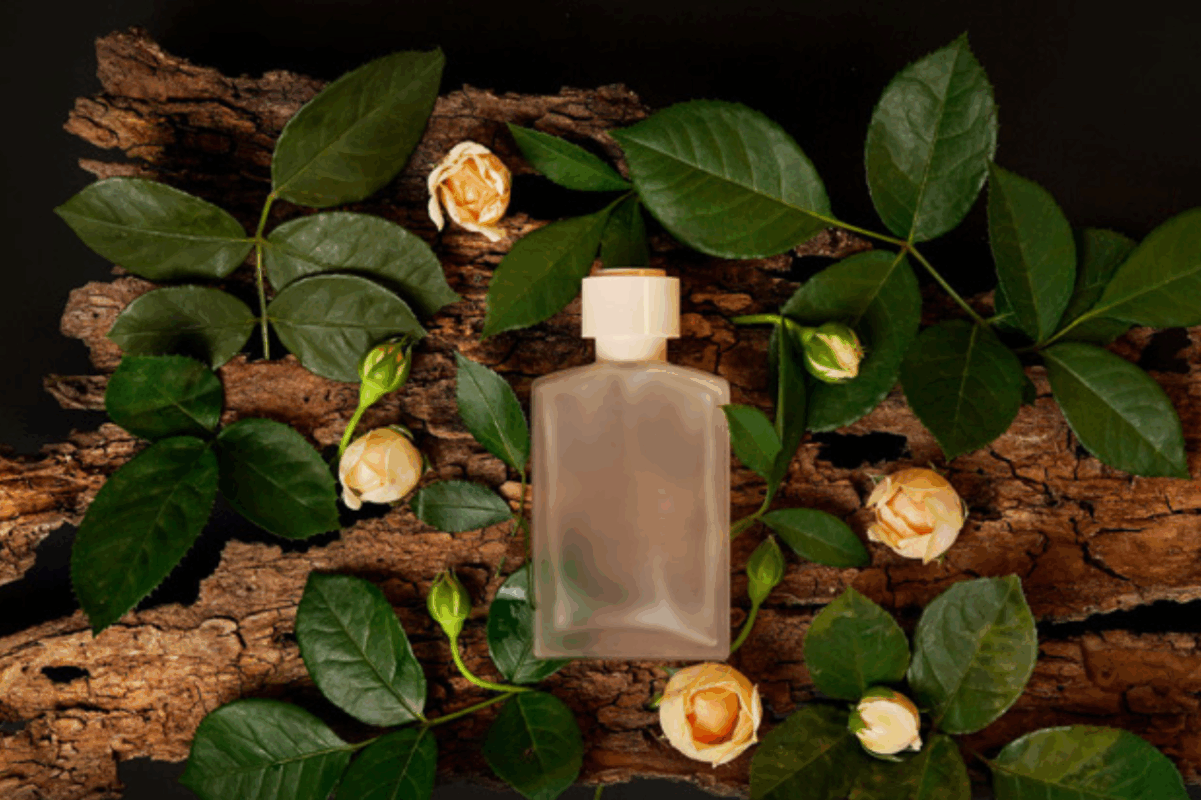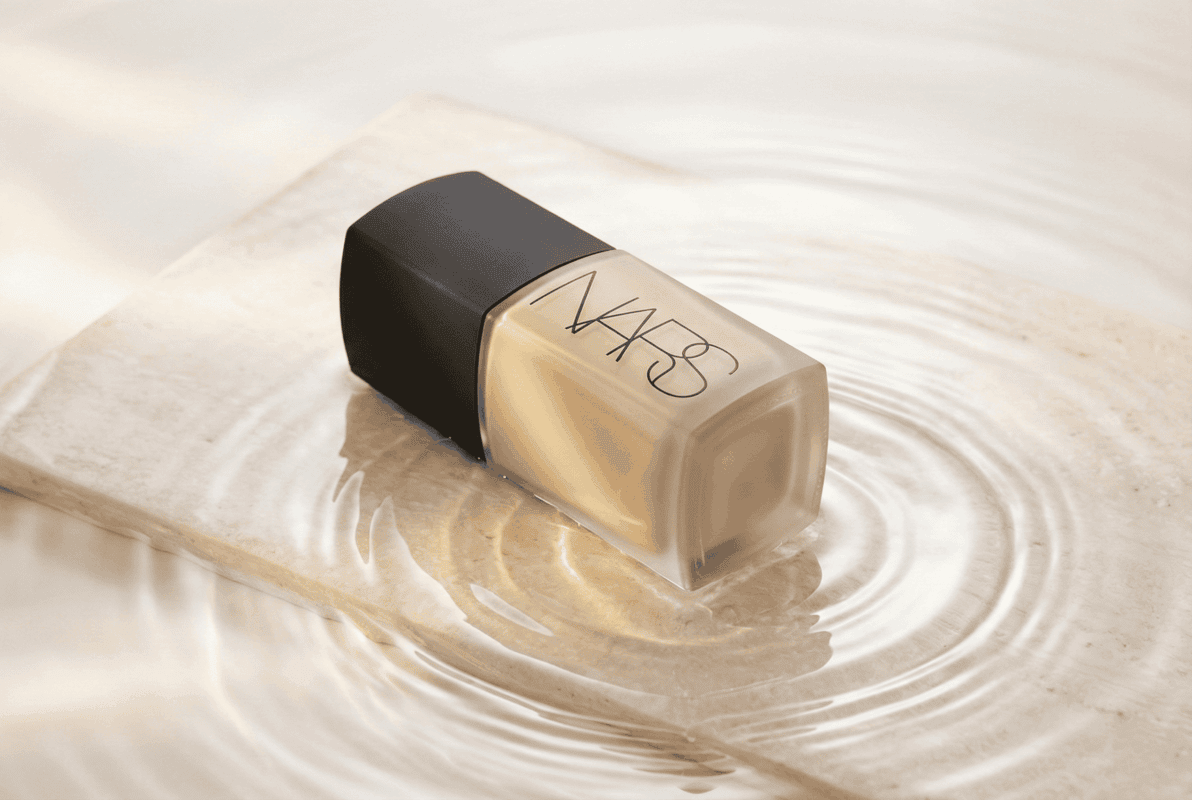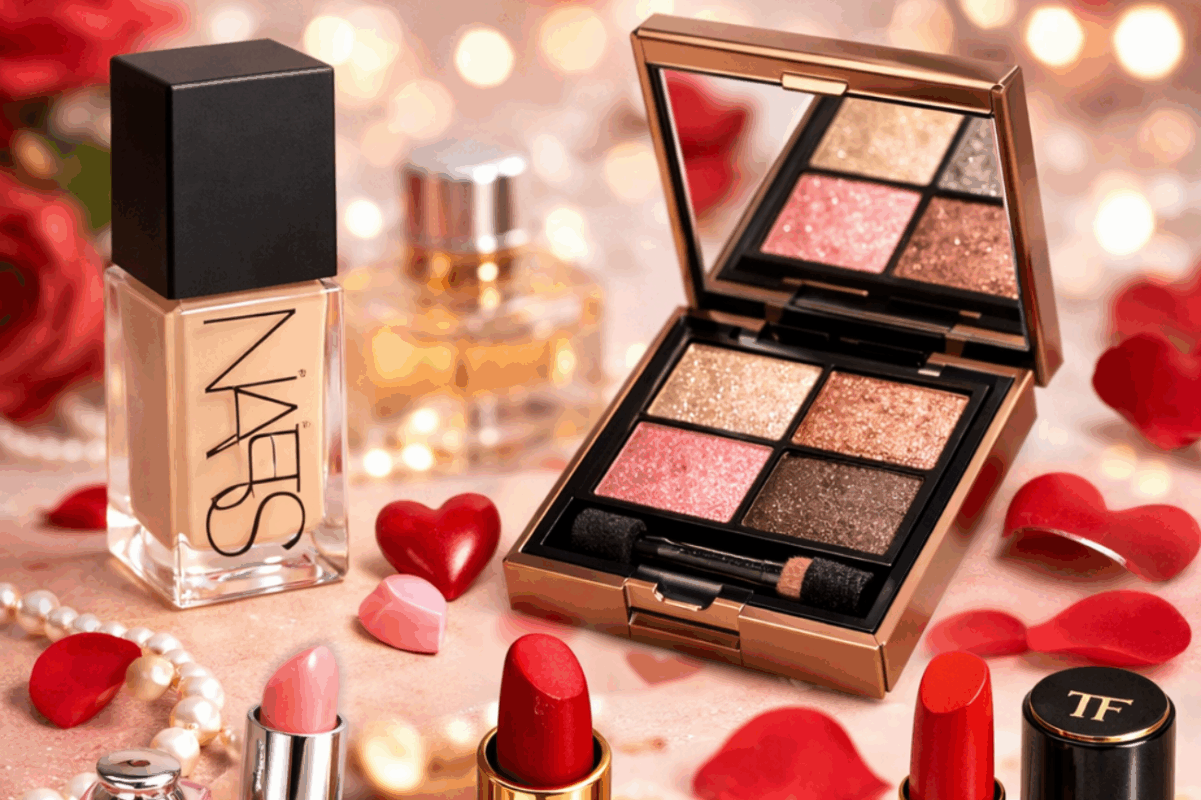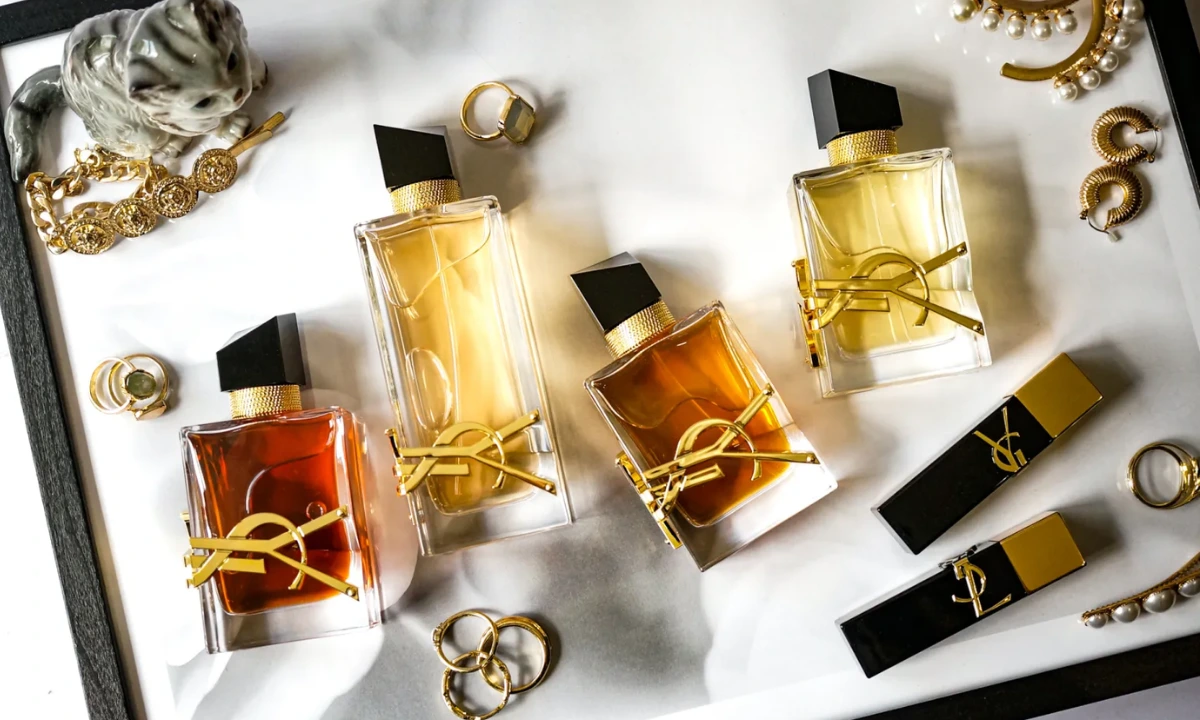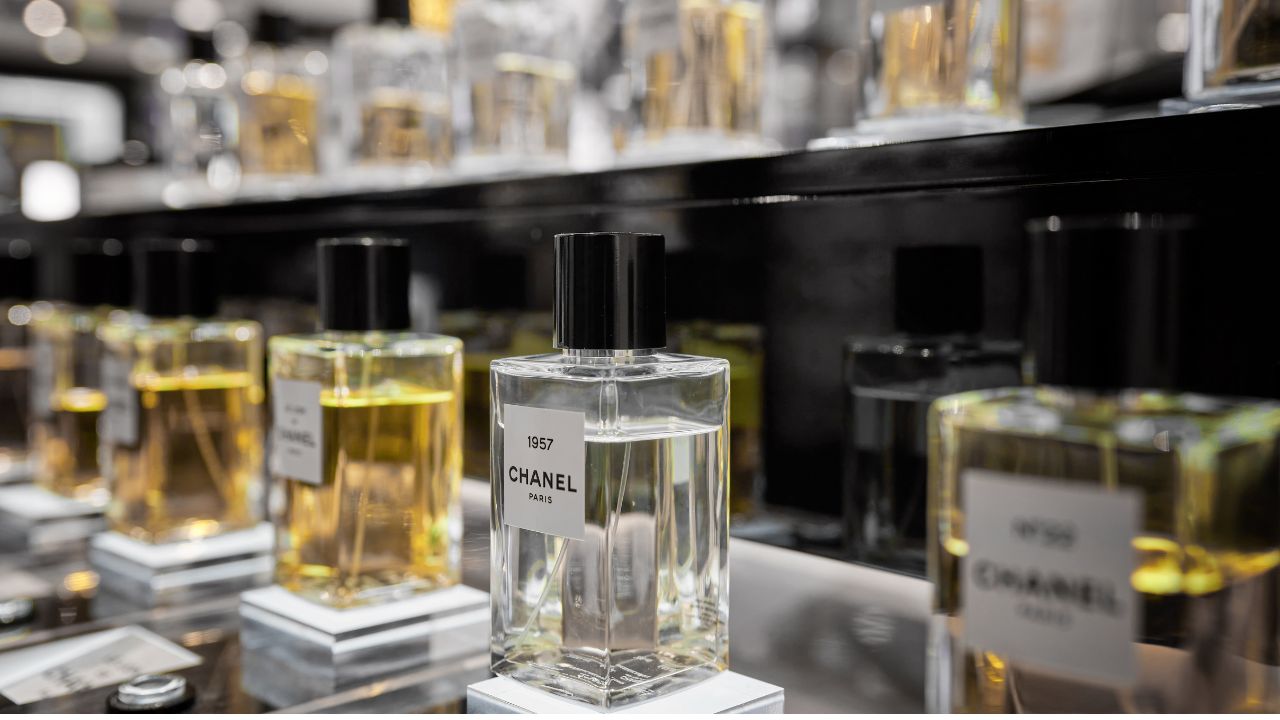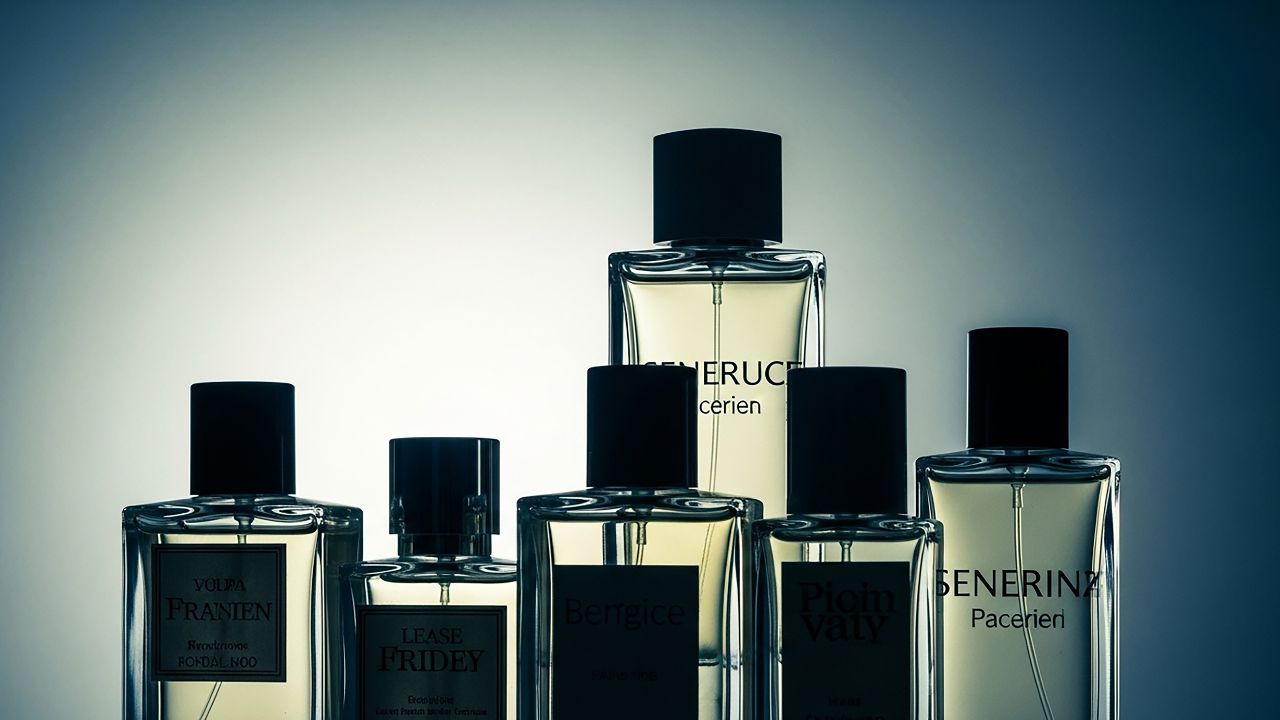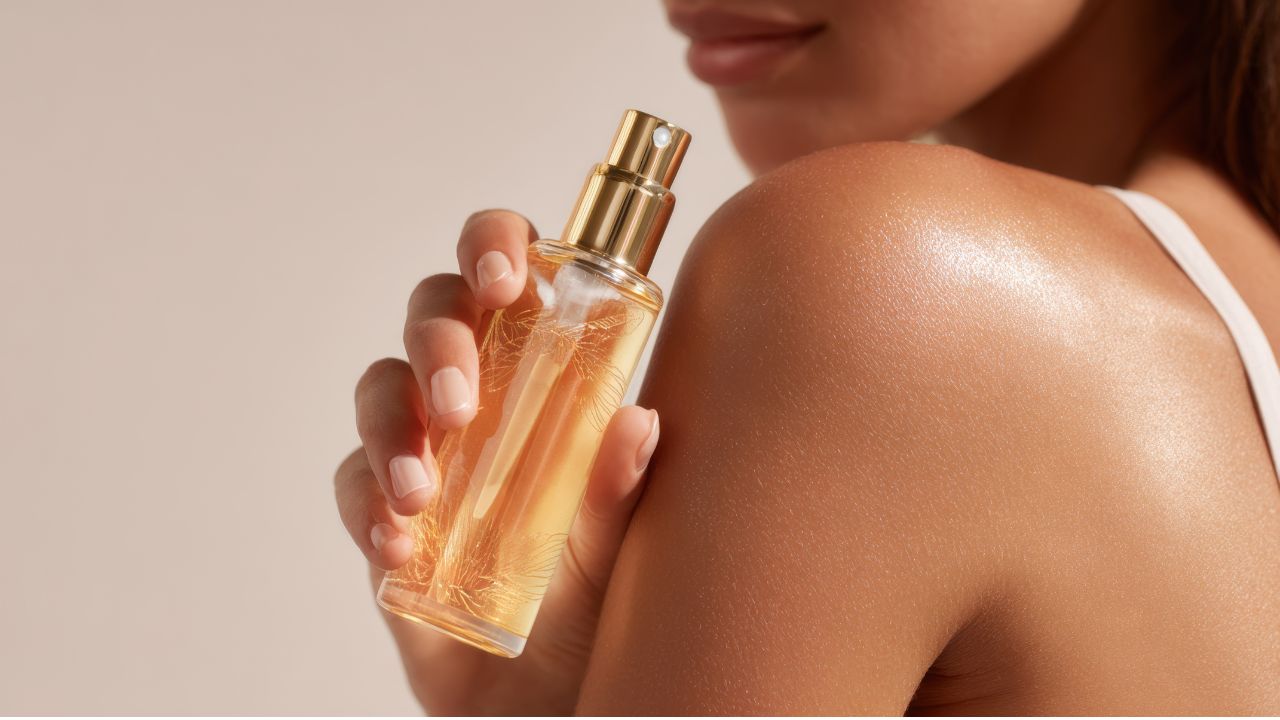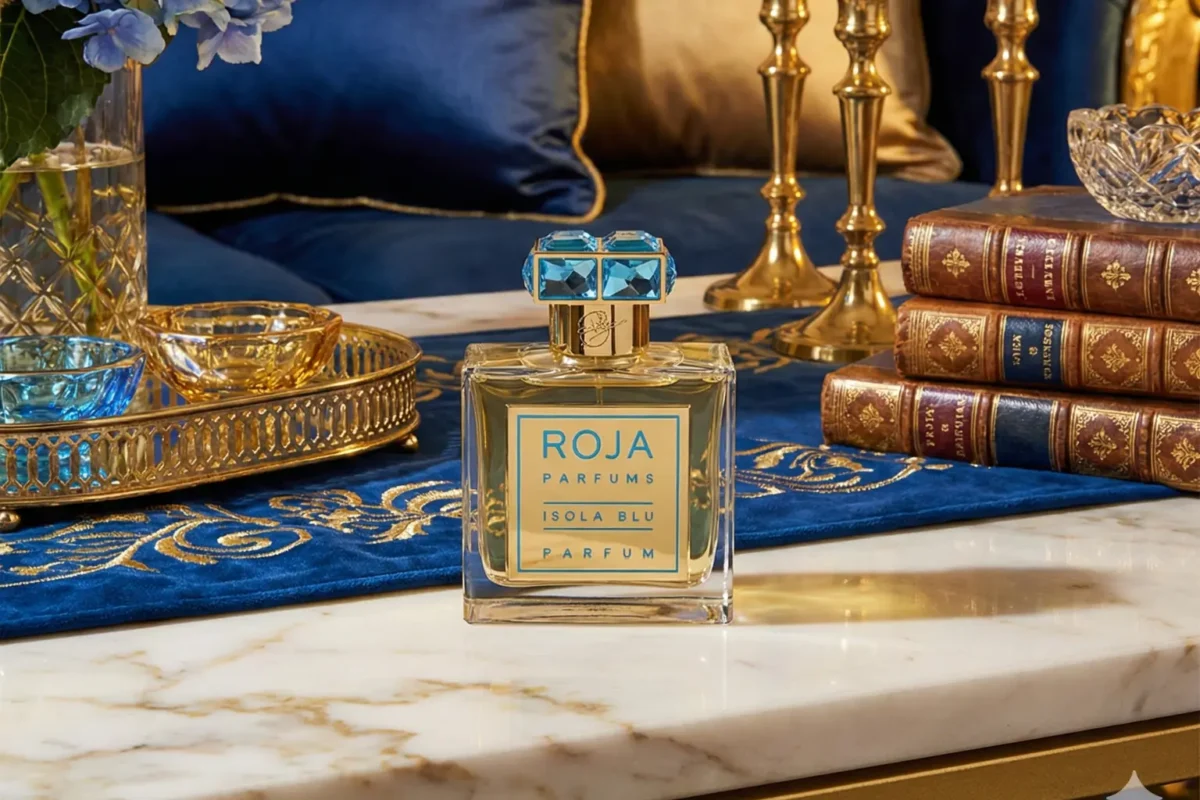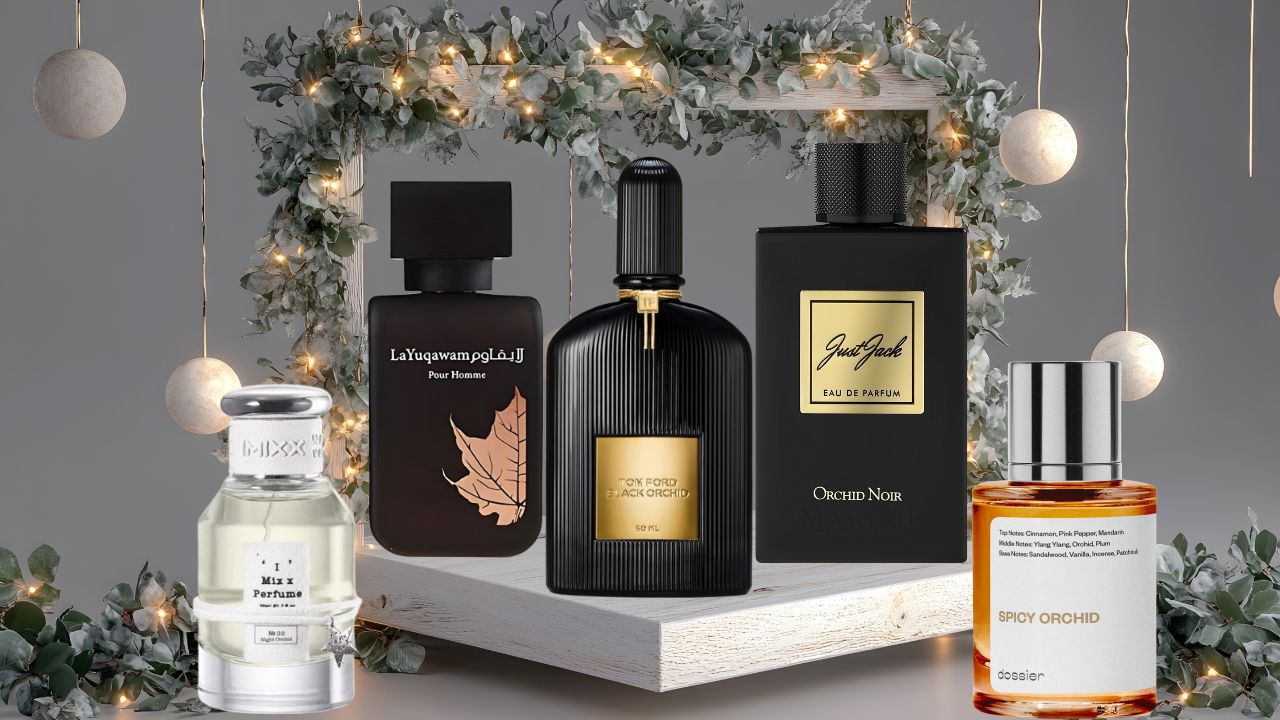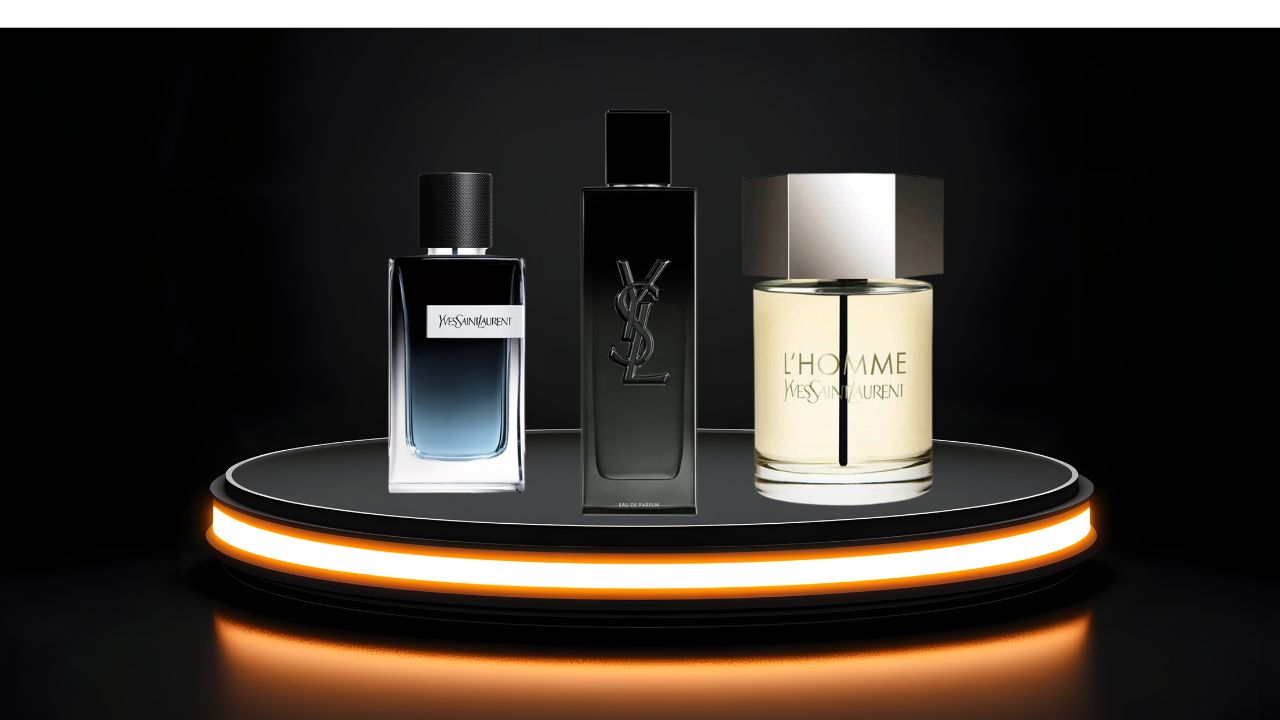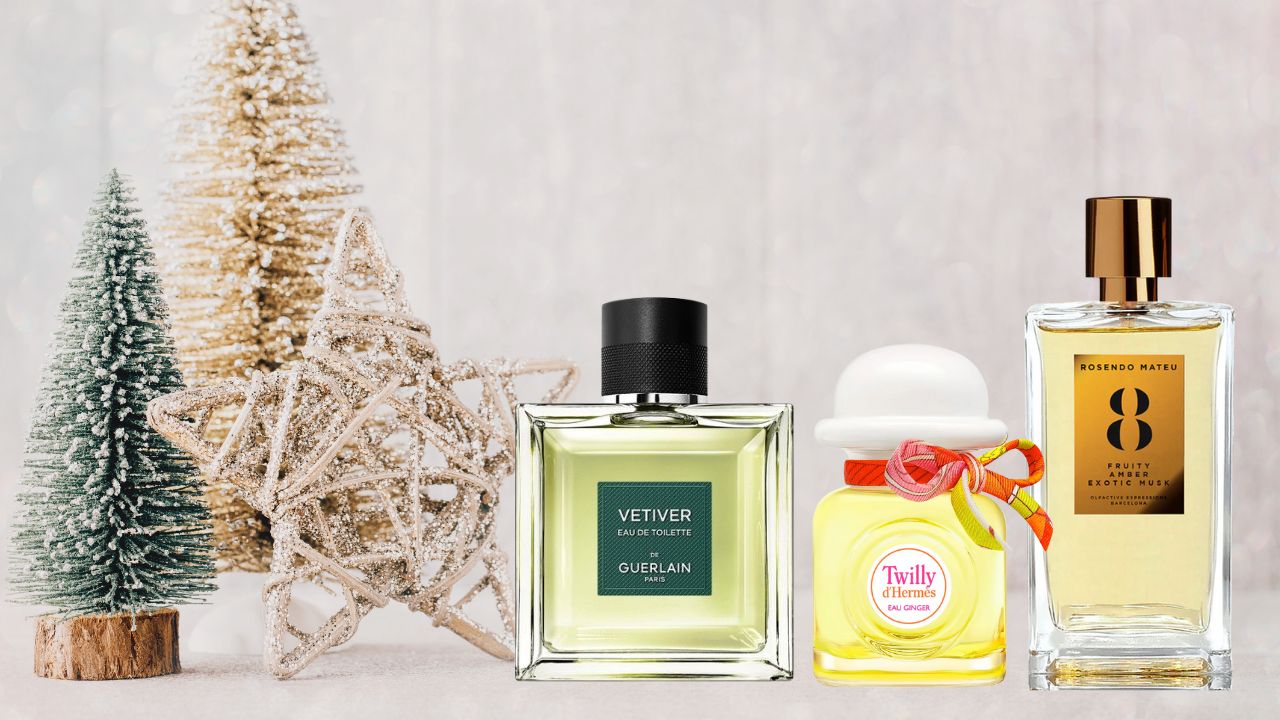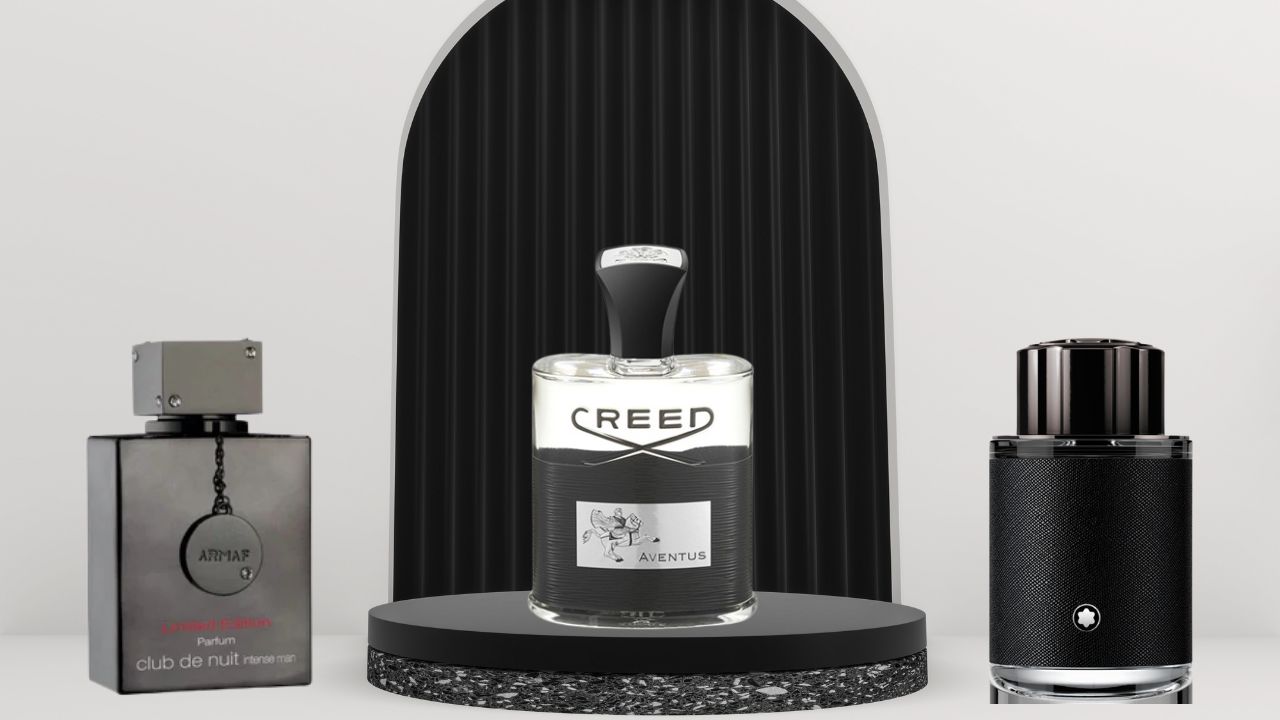
Like many other ancient civilizations, the Persians were also enchanted by the concept of perfume and fragrance. The sheer decadence and luxury of perfume were lost on them, and they contributed to their popularity massively.
Use of Perfumes in Ancient Persia
The Persians were innovators, and they decided to build on the knowledge of the Egyptians and the Romans. Not only were they expert traders of fragrance for more than a century, but they were also the ones to tweak the recipe for perfume that was commonly used until then and come up with a new formula. They invented non-oil-based perfume, the predecessor of modern perfume concoctions. Needless to say, that caused quite a stir because scented products were considered incomplete without emollients until then.
Development of Perfumery in Persia
The Persians were highly invested in the manufacture of infused waters and fragrances during the Sassanid period. They also considered perfume to be a symbol of wealth and status, much like other ancient civilizations. Persian nobles used expensive perfume to make a statement. The modern-day concept of having a signature scent might have also originated in Persia. Many kings often adopted a signature scent and forbade people around them from using it. For example, King Persepolis Darius is accompanied by his perfume bottles in his depictions of stone images. The Achaemenian period saw the Persians lean into the tradition of creating a fragrant space. They wanted to have a pleasant atmosphere with the sweetest of aromas, which led to the burning of incense and other scented materials. There are records of orators of the time talking about the spraying of perfumes during royal receptions and festivities. Perfume Production in Persia Ancient Persians had access to proper perfume-making equipment that made it easier for them to devise new types of fragrances. Persia also had plenty of fragrance-making workshops. They harnessed the spirit of experimentation and tried out new distillation processes. Not only were they focused on increasing the variety of scents, but they were also keen to streamline the production for easier availability. According to multiple sources, Persians had a fondness for plants and sweet-smelling flowers that were often used in the preparation of perfumes. Their love for fragrant products like incense made it impossible for them not to embrace perfumes. Ancient Persia supported the cultivation of different flora that allowed them to obtain important perfume ingredients like rose water. They also had access to musk and ambergris which facilitated the production of incense. The widespread cultivation of plants and flowers in Fars meant that there was freedom to even come up with new varieties of the same that would enhance the production of perfume further. Iranian and Muslim geographers have mentioned an elegant, sweet flower born out of the efforts made by Iranian gardeners called “esporghami”, which is popularly known as the Lily of the Valley. The fact that it continues to be one of the most popular ingredients in modern perfumery is a testament to the brilliance of the Persian perfumers who were much ahead of their time.
About Vanja
Hi, I'm Vanja! I believe that a fragrance is more than just a scent; it’s a powerful way to shape and express your own story. As a true beauty enthusiast, my journey is driven by the belief that luxury and niche perfumes should be within everyone's reach. I’ve spent years exploring the intricate world of niche perfumes and cosmetics, and I love acting as that 'knowledgeable friend' who helps you discover hidden gems without the elitist jargon. When I’m not diving deep into fragrance notes or curating the best deals for our collection, you’ll find me embracing a mindful lifestyle—whether that’s through yoga, exploring creative hobbies, or simply finding inspiration in the little things. For me, life is about authenticity and discovery. I’m here to help you start or expand your own collection with smart, savvy choices that never compromise on quality.
View all posts by Vanja

